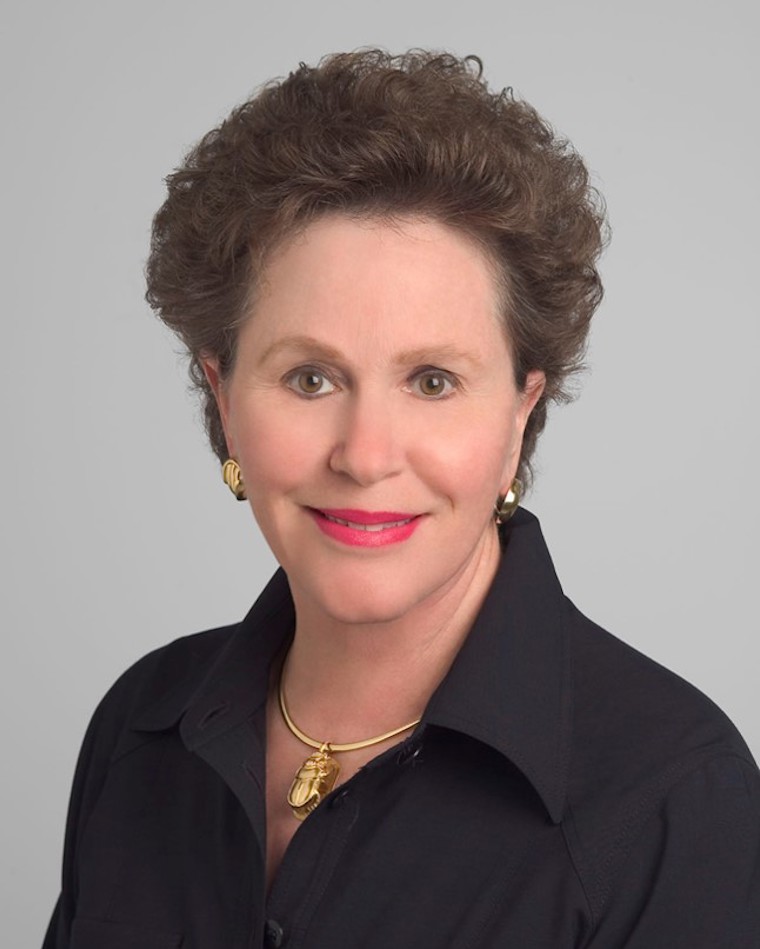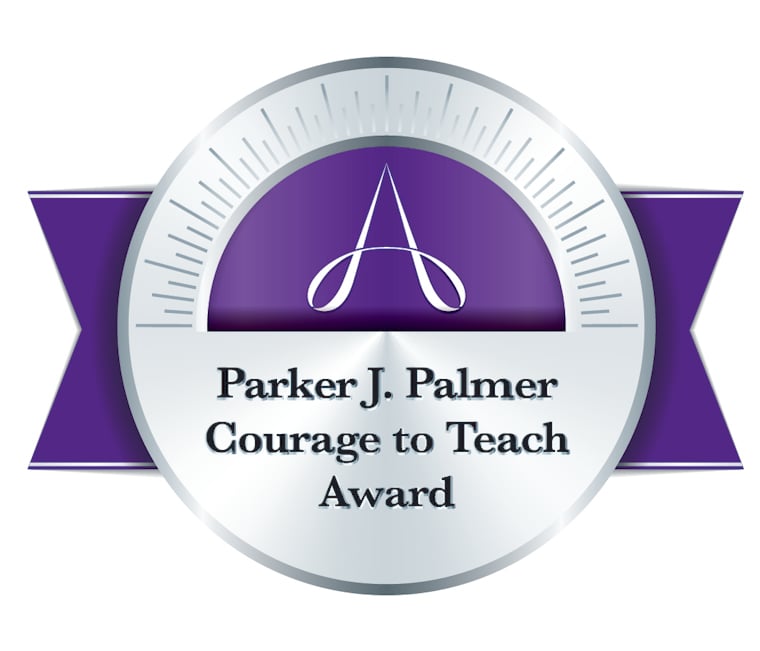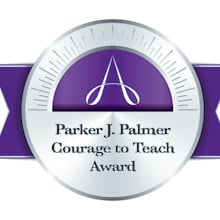This interview is one in a series of interviews with recipients of the 2021 ACGME Awards. The awardees join an outstanding group of previous honorees whose work and contributions to graduate medical education (GME) represent the best in the field. They were honored at the ACGME Annual Educational Conference, which took place virtually February 24-26, 2021.
2021 Parker J. Palmer Courage to Teach Awardee Wilma F. Bergfeld, MD is the director of the dermatopathology fellowship, a senior dermatologist, and emeritus director, dermatopathology in the departments of dermatology and pathology at the Cleveland Clinic.
ACGME: How did you become involved in medicine, and in academic medicine specifically?
Bergfeld: I am a third-generation physician and the only woman physician in my family. My medical family put great emphasis on knowledge, ethics, caring for patients, and mentoring young physicians. They had a great passion for medicine which was very influential on my choosing a medical profession.
ACGME: What does receiving this award mean to you?
Bergfeld: This award is a surprise but a greatly valued one. It supports my initial premise that learners need to have actual experience in making final decisions, and be accountable. This award also supports a team approach to achieve the best outcome/final diagnosis.
ACGME: What do you feel is the most important job of the program director?
Bergfeld: After a selection of the best candidates for the fellowship, my most important job is to support, encourage, teach, and monitor the fellows' performance [and] achievements, and to challenge them to be competent and excellent dermatopathologists.
ACGME: What is the most rewarding part of your job?
Bergfeld: My most rewarding achievement is the success of my dermatopathology fellows in life and their profession. I am especially rewarded when, after their fellowship, sometimes years later, they reflect on their training and say, Thank you!
ACGME: What is the most challenging?
Bergfeld: Interesting... The three most challenging situations for the fellowship:
- Within the first four months the dermatopathology fellows must come up to speed with their diagnostic skills and many administrative and technical aspects of the fellowship. At this time, there is intensive staff effort—teaching and coaching. An additional major activity is subspecialty consultations to assure a quality diagnosis. Shared expertise results in a greater quality diagnosis particularly in difficult cases.
- At the end of the year, the challenge is to complete the ACGME education mandates and to finish their academic projects.
- To carve out a research rotation, in the midst of the busy service obligations. This has been accomplished by expanding the fellowship from one to three fellows with consideration of a fourth fellow.
ACGME: What advice do you have to residents or fellows who may be interested in pursuing a career in academic medicine?
Bergfeld: At the Cleveland Clinic as in other institutions, there are many opportunities to be involved with clinical and translational research as a volunteer researcher, medical student, resident, and fellow. Those interested in a medical career should take every opportunity to work with and be exposed to medical staff and researchers.
Early immersion in medicine/dermatopathlogy as a volunteer or resident, stimulates the appetite for research, and academic achievement. Also, the exposure to unique mentors frequently leads to friendships, projects, publications, and presentations that then can promote the individual's desire to enter medicine/dermatopathology.
"Being at the table" or doing rotations, completing projects, and publications, certainly makes an individual a more viable candidate.
ACGME: Is there anything else you would like to add I haven’t asked about?
Bergfeld: I think sharing my passion and compassion for medicine, dermatology, and dermatopathology has been very personally fulfilling. Thank you again for this award.




